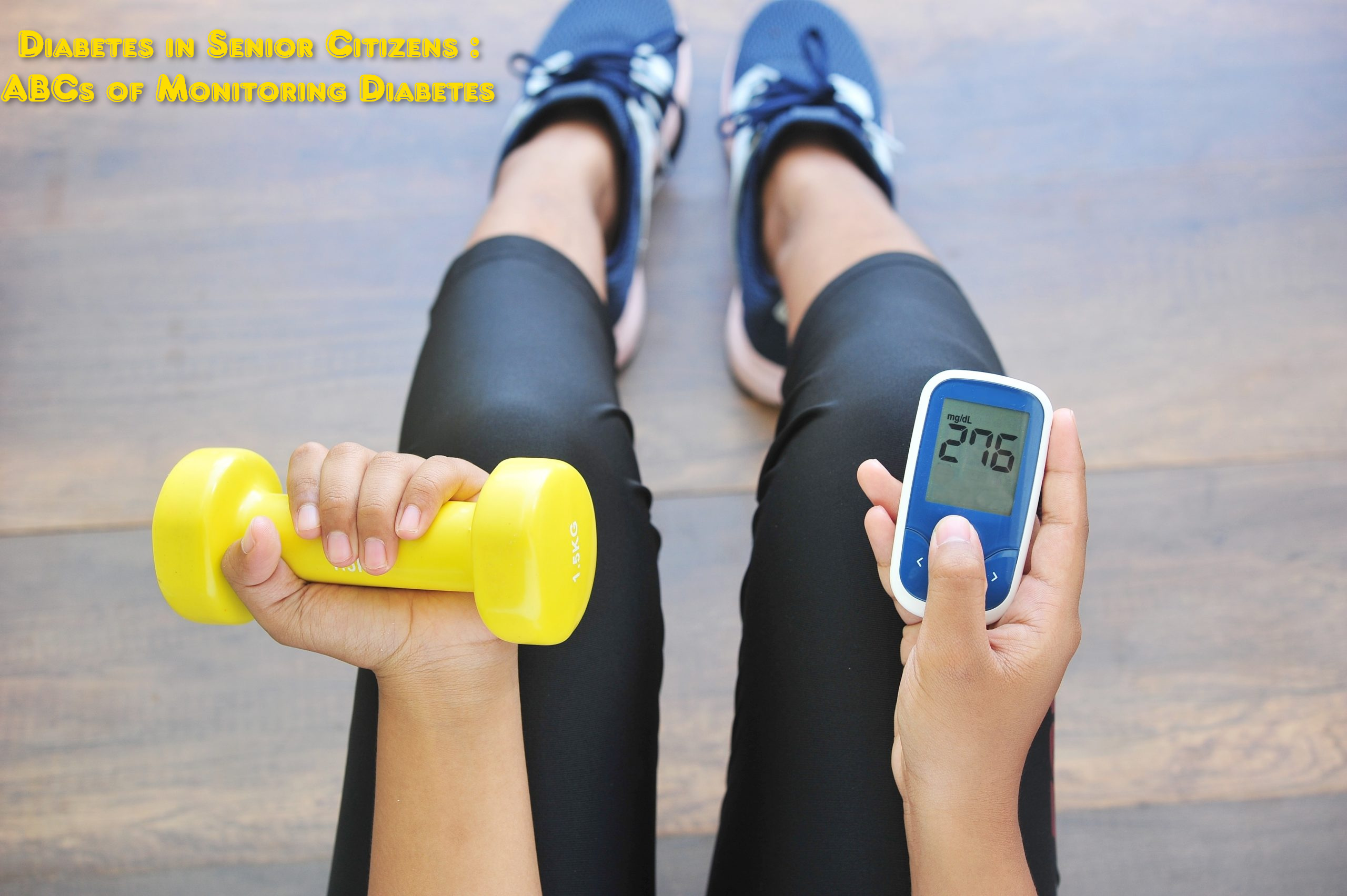Self-Monitoring :
It is important to keep track of your blood glucose levels regularly by using a blood glucose monitor. Logging these levels in a diary may also be helpful to get a better idea of how your treatment is going. Some people must check their blood glucose levels several times a day while others check it once daily. Ask your doctor how often you should test your blood.
It is important to keep track of your blood glucose levels regularly by using a blood glucose monitor. Logging these levels in a diary may also be helpful to get a better idea of how your treatment is going. Some people must check their blood glucose levels several times a day while others check it once daily. Ask your doctor how often you should test your blood.
Monitoring your glucose levels will help you detect "highs" and "lows." A condition referred to as hypoglycemia results when glucose levels fall too low. When this happens a person may become shaky and confused. If blood glucose levels decrease too much, a person may faint. Following the treatment plan recommended by your doctor as well as monitoring your blood glucose levels can help you avoid "lows." If you check your glucose level and it is too low, you can increase it by taking in sugary foods or drinks like fruit juice.
A condition referred to as hyperglycemia results when glucose levels are too high. If blood glucose is too high, it can cause a person to go into a coma. If you experience persistent "highs," talk with your doctor, you may need to adjust your treatment plan.
A condition referred to as hyperglycemia results when glucose levels are too high. If blood glucose is too high, it can cause a person to go into a coma. If you experience persistent "highs," talk with your doctor, you may need to adjust your treatment plan.
👉 Introduction : Diabetes in Senior Citizens
👉 Risk Factors and Prevention
👉 Symptoms and Diagnosis
👉 Treatment
👉 Treatment and Research - Diet and Exercise
👉 Medication
👉 Self-Monitoring
👉 ABCs of Monitoring Diabetes
👉 Foot and Skin Care
👉 Risk Factors and Prevention
👉 Symptoms and Diagnosis
👉 Treatment
👉 Treatment and Research - Diet and Exercise
👉 Medication
👉 Self-Monitoring
👉 ABCs of Monitoring Diabetes
👉 Foot and Skin Care






























No comments:
Post a Comment